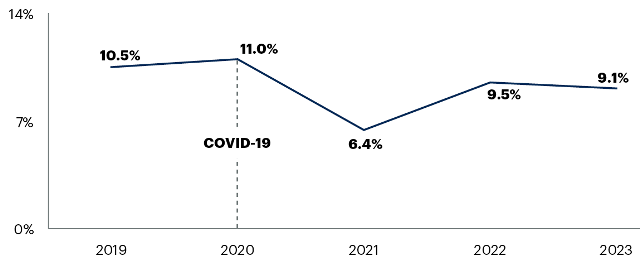[ad_1]
The news of the confiscation, ordered by the Guarantor for the protection of personal data, of the databases of 4 Italian companies (two from Tuscany and two from Verona), which operated illegally and the fine for a total of one million and 800 thousand euros, was accepted by many with great favour.
Not everyone agrees. Aside from Aduc: “Instead, we believe it to be just a drop in the ocean, also due to the randomness that gave rise to the proceeding. The investigation by the Guardia di Finanza started on February 19, 2021 when, at the time of the Covid restrictions, two business brokers, stopped for ordinary checks, told of working for one of the sanctioned companies, which had also contacted the commander by telephone of the local financial police to promote an energy supply contract. From there it turns out that the contact database had been purchased on Facebook, sold by an Italian sole proprietorship and a Spanish company, in disregard of privacy regulations”. writes the consumer association.
“It’s a drop in the ocean because it doesn’t take much to buy a new illegal database that replaces the confiscated one, or to create a copy before the confiscation (almost two months passed between the order and the effective confiscation).
It is a drop in the ocean because there are many companies that operate illegally. The Privacy Guarantor, who receives an average of 350 reports a day from citizens who undergo marketing phone calls despite being registered in the register of oppositions, does an excellent job but men and means are absolutely not sufficient, yet the turnover is huge like the undergrowth of subjects that operates with mechanisms of Chinese boxes and ramifications. The more companies that intervene with contracts and subcontracts, the more difficult it will be for those who investigate to reconstruct relationships and responsibilities.
All these relationships between “small fish” are then converted, of course, into contracts for the big fish, i.e. the contracting companies. In the case of the confiscation that took place yesterday, Enel Energia and Hera Comm, ultimate beneficiaries of the illegitimate activity carried out by the sanctioned subjects”, continue I bring.
What possible solutions?
The Privacy Guarantor relies heavily on a code of conduct) approved in March between client associations, call centres, telesellers and list providers which provides for – in the contracts stipulated by the operator with the service provider – the application of a penalty or the loss of commission for each sale made as a result of promotional contact without consent.
“Of course, all gentlemen’s agreements are welcome, but the signatories to the gentleman’s agreement will most likely be those who already comply with the rules, regardless of codes of conduct. The Guarantor’s enthusiasm for this tool gives the pulse of the seriousness of the situation. Especially since the code is not yet operational, because a special monitoring body must be set up, still in the accreditation phase (yet another bandwagon), and will be fully operational six months after publication in the Official Gazette.
In our opinion, to ensure compliance with the privacy legislation “from the contact to the contract” it is necessary to cut the head (the contact, ie the user itself) and the tail (the contract stipulated, in the end, with the client). It is the clients who have to answer financially for the violations of the register of oppositions that have produced contracts for them. And it is the consumers, registered in the register, who can crush these enormous turnovers by not signing telephone contracts, by not accepting appointments in person fixed in these telephone calls and by continuing, in any case, to report individual violations online to the Guarantor. stop the phenomenon of wild telemarketing.
Otherwise we’ll be busy clearing the Amazon with nail clippers.”concludes Aduc.
Source aduc.it
Related
[ad_2]
link originale






